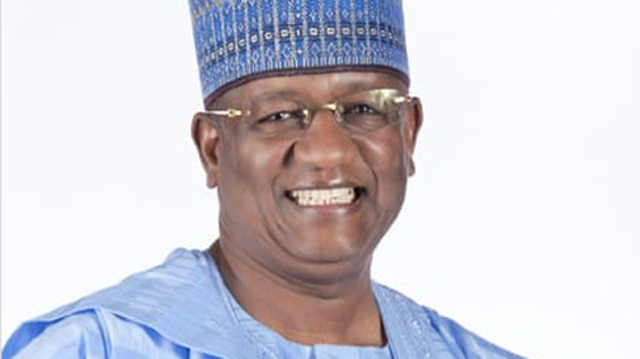If Nigeria and other African countries checkmate the yearly loss of $140 billion to corruption, the continent might be able to reduce rising production costs and improve citizens’’ access to the regular power supply, members of the organised private sector have said.
Citing data from the African Union (AU), the Executive Director, Centre for International Private Enterprise (CIPE) Andrew Wilson, stated that the lost income is enough to provide power 24 hours every day to every citizen in the continent for the next three years.
Wilson stated this at the Africa Business Ethics Conference (ABEC) organised by the Lagos Chamber of Commerce and Industry (LCCI) tagged ‘Tackling corruption to reduce poverty, unemployment and insecurity in Africa’.
He said the United Nations estimates that $3.6 trillion is lost to corruption, maintaining that the World Bank said corruption adds 10 per cent to the cost of doing business.
In his words: “The Africa Union estimates that $140 billion is lost through corruption annually. This is equivalent to the GDP of all but five countries in Africa. To put this in another perspective, this amount can ensure uninterrupted power 24 hours a day to every citizen in Africa for 3 years.”
He said although corruption is a global problem, the impact in Nigeria has far-reaching consequences on the prospects of a nation and the quality of life of every citizen.
He noted that inconsistent government policies facilitate corruption by creating a perception that bribes are a more efficient way to get things done.
He advised that an efficient, transparent, and accountable administration would boost innovation and growth of the Nigerian economy, control corruption and eliminate waste such as nepotism, abuse of authority, trading influences, and other practices that undermine economic development.
He said combating corruption is a collective effort, saying to tackle corruption the business community must be engaged.
Delivering his keynote address, the Compliance Director, African Export-Import Bank (Afreximbank), Idrissa Diop, said corruption does not only increase the cost of production but also increases the level of uncertainty in the African economies hence, decreases the investment, financial, physical and human capital.
He added that corruption reduces the productivity of resources, adding that it also undermines democracy by diverting resources of disadvantaged people, damages the rule of law, social justice.
He said in the Continent Free Trade Area (CFTA), Africa is arming itself with a tool for future prosperity but stressed that the success of CFTA is largely dependent on the continent’s ability to combat corruption and illicit capital flows to ensure availability of resources and infrastructure.
The president, LCCI, Toki Mabogunje, said corruption is one of the biggest developmental challenges facing African economies, adding that African economies cannot bear the increasing cost of corruption, which impedes socio-economic development and minimizes the capacity of African governments to lift their citizens out of poverty and create opportunities for the low-income segment of the society.
The LCCI boss said the Sub Saharan African region ranks lowest among global regions in the Corruption Perception Index (CPI) with an average CPI score of 32 out of 100.
According to her, once corruption becomes entrenched, its negative effects multiply, thus indicating cynicism as people begin to regard it as the norm.
“Corruption undermines social values because people find it easier and more lucrative to engage in corruption than to engage in legitimate employment. It limits economic growth because it reduces the number of public resources and discourages private investment and savings.
“Corruption has played a major role in causing serious damage to the economic and social landscape in African countries. This, in turn, has undermined social welfare and also an investment in public services with an eventual negative impact on the quality of lives,” she stated.
She noted that the impact of corruption cannot be underestimated, stressing that according to Transparency International, 43 per cent of Africans are living in poverty while over $50 billion worth of stolen assets flows out of Africa every year.
She stated that strategies to tackle corruption have to be realistic and achievable and tailored to the specific needs of each African country.
‘$140bn yearly loss to corruption can address Africa’s power challenge’

[FILE] Since independence, Nigeria has not been corruption-free. Things are always absurd in this country.





